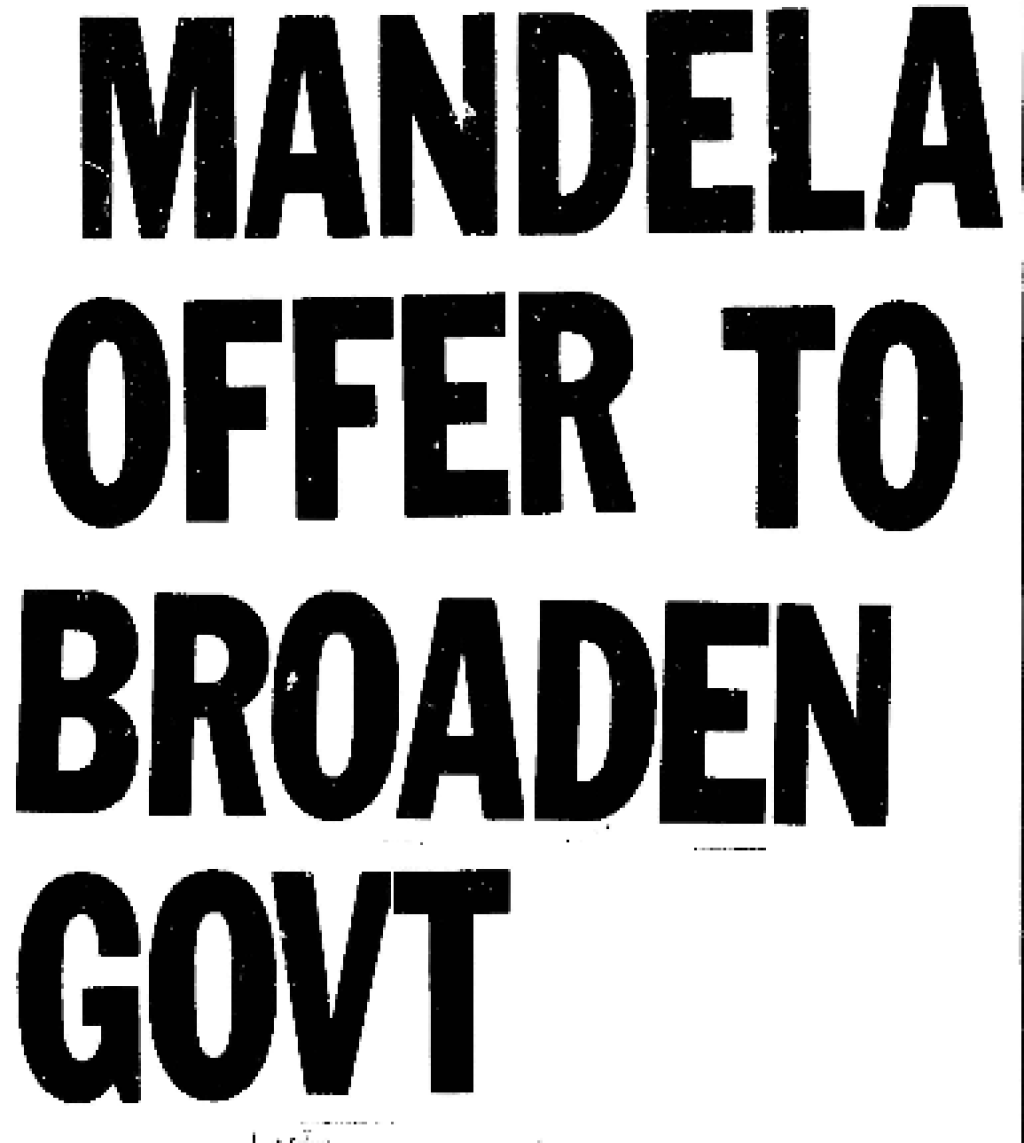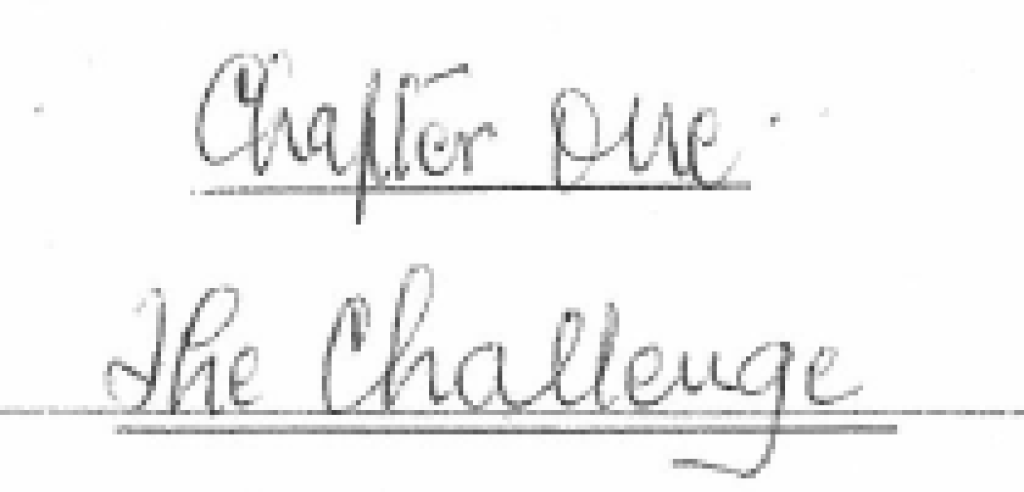A year before Mandela had to decide who should be in the Cabinet of the Government of National Unity, including the deputy president of the ANC and the country, he and the ANC had to make another decision about a leadership position. As in the later process, his belief that organisations and institutions should reflect the country’s diversity and his concern to counter perceptions that the ANC was a narrow nationalistic organisation, played a part.
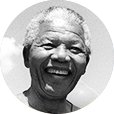
Oliver Reginald Tambo, fondly referred to as OR by his comrades, a humble but brilliant lawyer and devout Christian, who became head of the ANC when Chief Luthuli passed away, was also a skilful and respected leader, who raised the organisation to a position of strength and influence it had never reached before.
It is a phenomenal leader who can succeed in exile to keep united a vast multi-racial organisation with divergent schools of thought, with a membership deployed in distant continents, and a youth seething with anger at the repression of their people; a youth who believe that anger alone without resources and proper planning can help to overthrow a racist regime.
OR achieved all this. To political and common law prisoners inside the country, to foreign freedom fighters, diplomats, Heads of States, OR was acknowledged as a shining example of a smart and balanced leader who was sure to help restore the dignity of the oppressed people and put their destiny firmly in their hands.
He was a hard and diligent worker who never spared himself, and who literally was on duty twenty-four hours a day throughout the year without taking any holiday. His wife, Adelaide, tells the story of how OR once worked throughout the night. When he saw her dressed and leaving the house, he asked where she was going to at night.
It was probably this heavy schedule which contributed to the breakdown of his health. He suffered a stroke which left him partially paralysed. The officials discussed his position, and were all keen that he should make his enormous wisdom and experience available formally to the organisation. We accordingly appointed him National Chairperson, a position he held until his death in 1993.
OR's death was like the falling of a giant oak tree, which had stood there for ages dominating the vicinity and beautifying the entire landscape and attracting everything around, people and animals alike. It was the end of an era of a remarkable leader with strong and religious convictions, an accomplished mathematician and musician who was peerless in his commitment to the liberation of his people.
The officials then agreed that Professor Kader Asmal, a knowledgeable, assertive and lucid thinker, who later became Minister of Water Affairs and Forestry, and now Minister of Education, should succeed OR. His grasp of almost all problems discussed in the Cabinet earned him the distinction of being referred to as Minister of All Portfolios. We all felt that his appointment would help to reverse the wrong notion that the ANC was an ethnic organisation.
I then briefed members of the National Working committee one by one on the recommendation of the officials. With one exception, all of them accepted that recommendation.
Shortly thereafter, one of the officials returned and confidentially whispered to me that although the members of the NWC had expressly agreed to the recommendation, they had turned against it, and preferred Thabo instead of Kader.
The episode worried me because it led to negative speculation among Comrades. When people agree to an important proposal and later change without raising the matter with you again, then it becomes difficult to challenge the accusation that they had objections which they did not have the courage to put to you; that they knew that the basis of their somersault was against the policy of the organisation.

Because Thabo had spent many years in exile and had also interacted with comrades inside the country, he had a better knowledge than me of people best qualified to serve in the Cabinet. I accordingly allowed him to recommend to me members of the Cabinet.
He made sure that all our national groups, as well as the members of the Congress Alliance were adequately represented. For good reasons, he left open the position of Deputy President. I approved his recommendation and then briefed in turn, first the SACP, then COSATU and last the ANC. I made it clear to all of them that, although I would welcome their comments, the final decision would be mine.
A brilliant and loyal comrade, Raymond Suttner, who is now our ambassador in Sweden, reminded me that a previous Policy Conference had decided that the Cabinet should be elected by a national conference. I summarily rejected such a resolution on the simple ground that, in such a case members of the Cabinet would be chosen, not for merit but for popularity, or because they were supported by a powerful faction.
Each member of the alliance had strong objections against some of the proposed candidates, including the candidacy of the late Alfred Nzo, a gifted, disciplined and experienced expert on foreign affairs. There were also objections against Derek Hanekom on the ground that it was unwise to give the land portfolio to a white person. These objections affected others as well. I rejected all these reservations as based not on principle but on purely personal considerations. I presented the list to the officials as recommended by Thabo.
The officials approved all the names without exception. Then there followed a discussion on who would be appointed Deputy President. Two names, Thabo Mbeki and Cyril Ramaphosa, were considered. Ramaphosa had led our team of negotiators to the World Trade Centre. He is an impressive, adroit and persuasive individual and influenced both friend and foe at the Centre. He earned for himself a lot of respect and admiration, and emerged as one of the most powerful figures among that constellation of eminent thinkers.
In his autobiography, The Last Trek – A New Beginning, De Klerk describes Cyril as follows:
‘The ANC delegation was led by Cyril Ramaphosa, it's chief negotiator. Ramaphosa had previously been Secretary-General of the National Union of Mineworkers – where he had gained extensive experience in tough negotiations with the Chamber of Mines, which represented South Africa's large mining companies. Ramaphosa's large, round head was framed by a beard and receding hair of about the same length. His relaxed manner and convivial expression were contradicted by coldly calculating eyes, which seemed to be searching continuously for the softest spot in the defences of his opponents. His silver tongue and honeyed phrases lulled potential victims, while his arguments relentlessly tightened around them.’
Cyril is hailed by men and women inside and outside our organisation as the linchpin in the negotiations, and one of the main architects of the new South Africa. At the 1997 National Conference of the ANC, he was justly rewarded when he received the highest votes for the membership of the National Executive Committee. He was, and still is, a real asset to our organisation.
Throughout my political career I have been haunted by the persistent perception that the ANC was and is a Xhosa organisation, notwithstanding overwhelming evidence to the contrary. I pointed out to the officials that Oliver Tambo, Thabo Mbeki and myself came from the same ethnic group. Would we not reinforce that false perception if Thabo became deputy, I asked. Should we not rather consider for this position Cyril, an equally gifted and respected person who came from the Northern part of our country.
I readily conceded that Thabo was well qualified for this position and that his knowledge of the continent and diplomatic affairs far exceeded that of Cyril. But I insisted that the latter had a lot of clout and pull internationally; in particular with trade unions, and on the vast majority of opinion-makers, especially on those who took part in the negotiations.
Before consulting the officials, Mandela had consulted members of the leadership of the ANC’s two Alliance partners and convinced them of his reasons for proposing to appoint Ramaphosa. When he told the officials that that meant that a majority of the three Alliance members favoured his position, Walter Sisulu objected: ‘On a matter like that,’ he said, ‘You don’t vote with the Allies, you consult them, you take their views into account, and you take your own decision.’126
After hearing the officials’ argument Mandela decided that a decision shouldn’t be taken at that meeting, and he canvassed the issue with some African leaders, including President Nyerere and President Kaunda – they were sensitive to the worry about ethnic misinterpretation of the appointment of Thabo Mbeki, but felt that it should not be decisive and they agreed with the officials. At the next officials meeting he again asked Mbeki and Ramaphosa to leave the meeting and said that he was now recommending that he appoint Thabo Mbeki as deputy president, citing the views of Nyerere and Kaunda – including, among other things, that in the years Mandela was in prison, they had seen how closely Mbeki worked with OR Tambo and so knew much about the organisation which Mandela would not know but would need to be known to the president.127
It took a week of intense consultations; negotiations; lobbying; hopes and disappointments and often wild speculation before the Cabinet took final shape. The task was only completed on the very day Ministers were sworn in, the day after the inauguration. It required all of Mandela’s skill in achieving a delicate balance of his goals in managing the transition with the views of constituencies within the ANC and Alliance and interests and concerns as well as the interests and concerns of other parties.
The list of portfolios that Mandela had given Thabo Mbeki to be filled in with suggestions of ministers and deputy ministers, had been discussed by the Working Committee, as had the question of which portfolios should be filled by ANC ministers. But some details changed in the week of consultations, among them the resolution of a debate about whether or not to have a ministry with specific responsibility for the Reconstruction and Development Programme, not included in Mandela’s initial list.

But Madiba being Madiba, he was also an operator, because he first consulted those people before he went to the officials

'I spoke to Nyerere and I spoke to Kaunda'
Mandela made just two changes to Mbeki’s list. He said that Derek Hanekom should be a minister: he believed the fact that he had some knowledge of farming and was Afrikaans would help the government deal with issues relating to Afrikaner farmers – he became Minister of Land Affairs. And he said Joe Slovo should be included – the omission of his name had been informed by a view that had developed during the negotiation period that his fulltime leadership was needed in the Communist Party – Slovo became Minister of Housing. Mandela also told Mbeki that he had been advocating that Cyril Ramaphosa should be Deputy President, to deal with the ethnic perception, but had been persuaded otherwise.128
When, after consulting people in the leadership of COSATU and the Communist Party and getting the agreement of the ANC Officials, Mandela briefed the ANC’s National Working Committee on his choices of ANC ministers and the appointment of Thabo Mbeki as deputy president, the intention had been to announce names only after the inauguration, when the process was complete. But the media had become aware of the debate about the deputy president and burgeoning speculation about dissension prompted the ANC to make a premature announcement of most of the names on 6 May, as well as Thabo Mbeki’s appointment as deputy president. It was an incomplete list. Some of the names later changed, the responsibilities of some portfolios were altered; and some portfolios were not included leaving room for still more media speculation – and some anxiety amongst hopefuls. By then, however, the decision had been made to include a Ministry without Portfolio with responsibility for the RDP.
The names of ANC ministers did not come out of the blue. In the four years since the release and unbanning its leading members had been tested and developed in challenging circumstances. There were threads running to the new portfolios from leadership of the internal Reception Committee; leadership in exile; election to the National Executive Committee at the 1991 national conference; and leadership positions in COSATU and the Communist Party. Experience as diverse as heading ANC policy departments after the 1991 conference; negotiations, mass mobilisation; engagement with the international community and leadership of the peace process developed a corps of potential ministers whose capacities and interests were reasonably well-known and informed the views of those with whom Mandela consulted, in particular Walter Sisulu and other Rivonia triallists, Thabo Mbeki as chairperson and Cyril Ramaphosa as ANC secretary general.129
Amongst the portfolios that featured in consultation and discussion – both in the ANC and with De Klerk – was the finance ministry, which was among a number of positions of which he said: ‘There are certain positions we will not fight for now because the country may not be ready for it.’130 There had been prior discussion, within the ANC and with De Klerk that Derek Keys, the Minister of Finance in the National Party, should remain as finance minister. Because it was such a key post, it was also agreed that it would not be identified with any specific party - although it was, in fact, one of the six portfolios to which the NP was entitled.131 There were two considerations: experience; and worries about how economic decision-makers, South African and international, might react. Other positions discussed in this context included the head of the South African Reserve Bank and the head of the Public Service Commission (at that time called the Commission for Administration).132Mandela met twice with De Klerk, as leader of the National Party, to discuss the Cabinet. At the first meeting in Pretoria, on the same day that Mandela briefed the ANC National Working Committee, there was agreement that the NP would have one of the security portfolios.

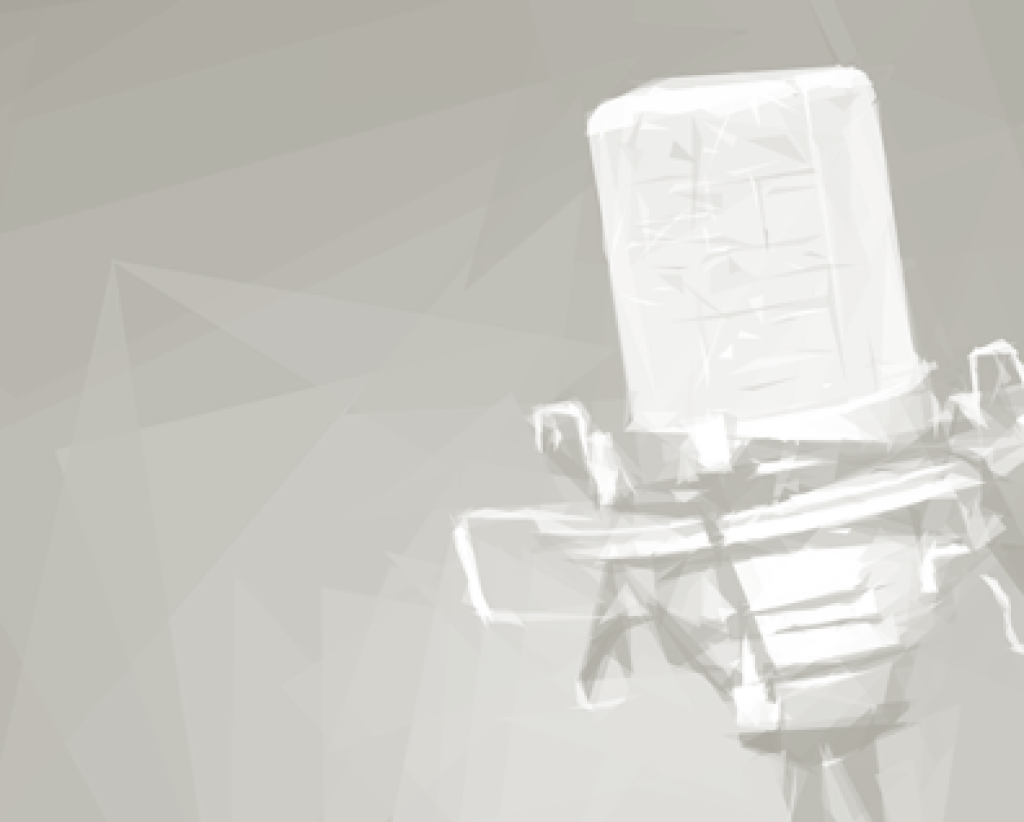
around the elections some of us, while we were waiting for results, had to talk about the shape of the Government of National Unity.

it was agreed at a fairly early stage that Derek Keys would continue as Minister of Finance

We were concerned about continuity in some of these areas and that there should be no backlash
The second meeting was in Cape Town, in the Tuynhuys office on the evening of the day that the ANC released the first list of ANC Ministers. It was not without tension. De Klerk had expected to be consulted on all the Cabinet appointments, as the interim constitution specified. He was, he says in his memoirs, shocked at the ANC’s announcement of the names of some ANC ministers earlier in the day ‘without making the slightest effort to consult me beforehand’ and also by the fact that the previous agreement on a security portfolio for the NP was not fulfilled133 – the ANC list assigned all three security portfolios to ANC Ministers, and Mandela told him that he had been overruled by the organisation.134 What they agreed regarding the assignment of ministers and deputy ministers to the remaining portfolios, necessitated some changes in the scope of portfolios allocated to the ANC. That included a shift of Kader Asmal from constitutional development to water affairs, something he learnt about only on the day he was sworn in as minister.135
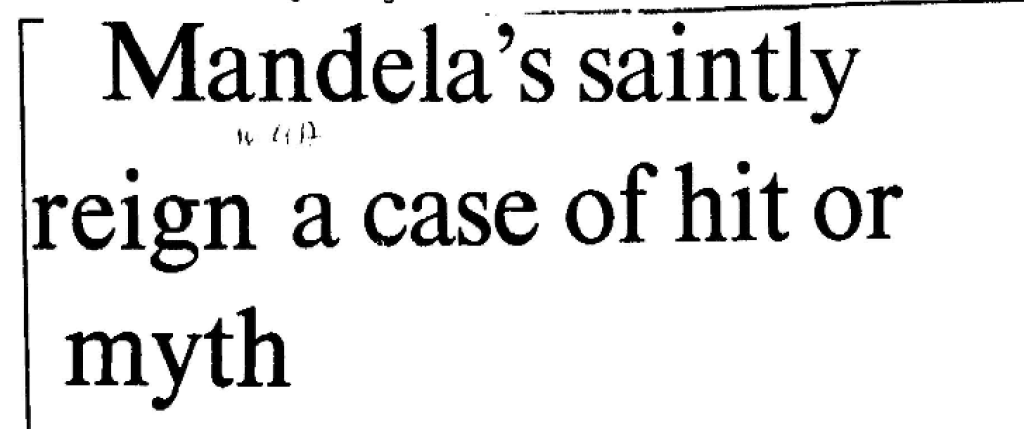
Negotiations with the IFP, the third party whose votes in the election entitled it to a place in the Cabinet, were only concluded at the last minute, in the morning of the day that Ministers were sworn in. As Buthelezi recounts it, it was a straightforward meeting: Mandela named three portfolios and Buthelezi named the people.136 One of the portfolios was correctional services which the ANC had announced would be filled by Ahmed Kathrada, even though he had already indicated that he was not interested in being a minister. The IFP’s wish to have a security portfolio was met by giving them that post. Buthelezi himself accepted what was regarded as a senior ministry, that of home affairs (See Chapter 2).

I was very happy to know that Madiba had appointed me and a few of my colleagues from Inkatha
Mandela wanted to extend participation in government beyond the confines which the constitution imposed on the Cabinet. In the early days of the new government he broached the question of smaller parties participating in government. He held discussions with the PAC, Democratic Party, Conservative Party and Freedom Front. He recalled that when he came out of prison De Klerk had proposed that a troika of NP, ANC and IFP should negotiate South Africa’s future, a concept which he and the ANC had rejected in favour of an inclusive approach. The discussions touched on appointments to the diplomatic service, civil service and other government structures. They also included questions of amnesty and integration of APLA combatants into the defence force.137
